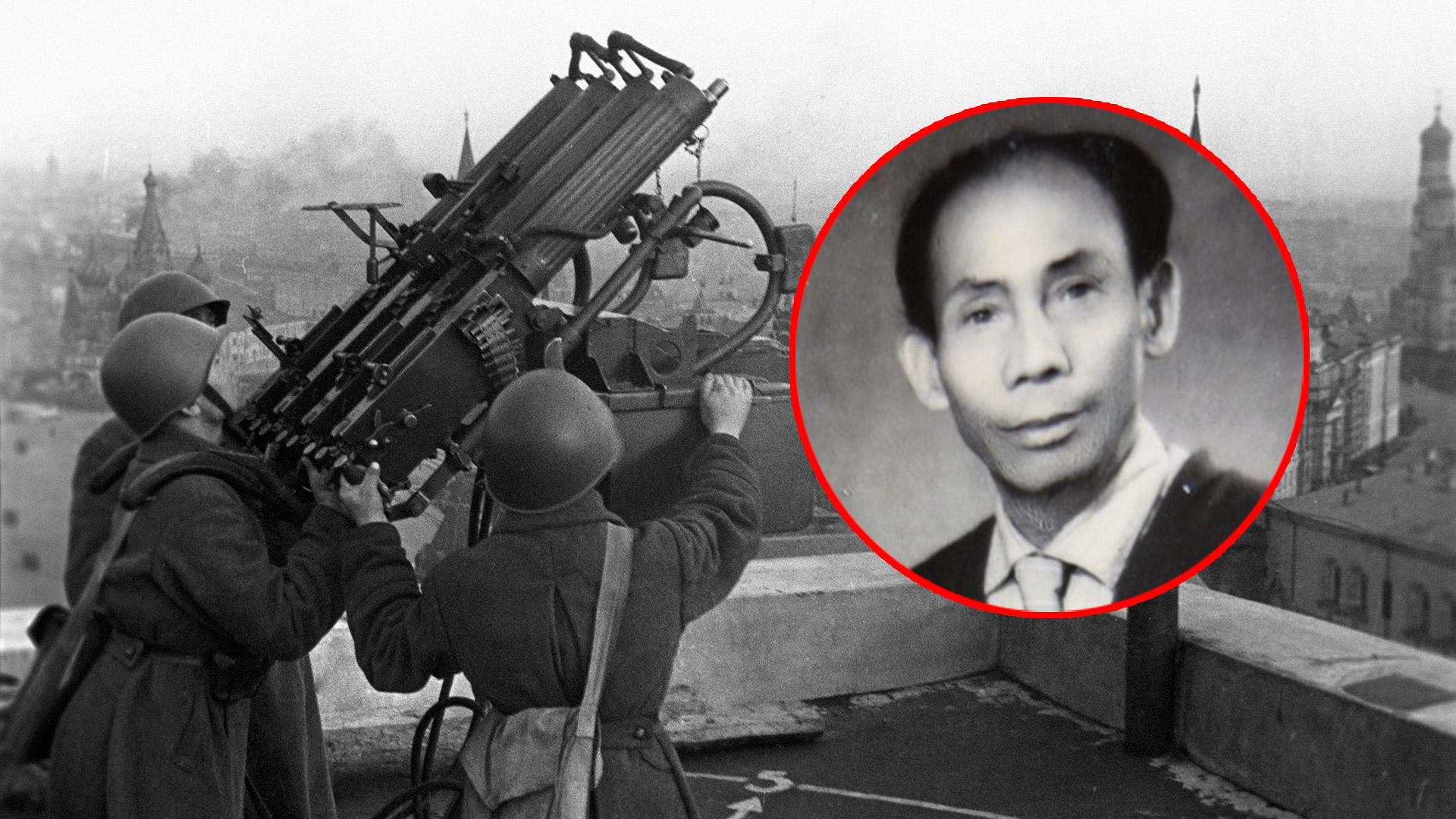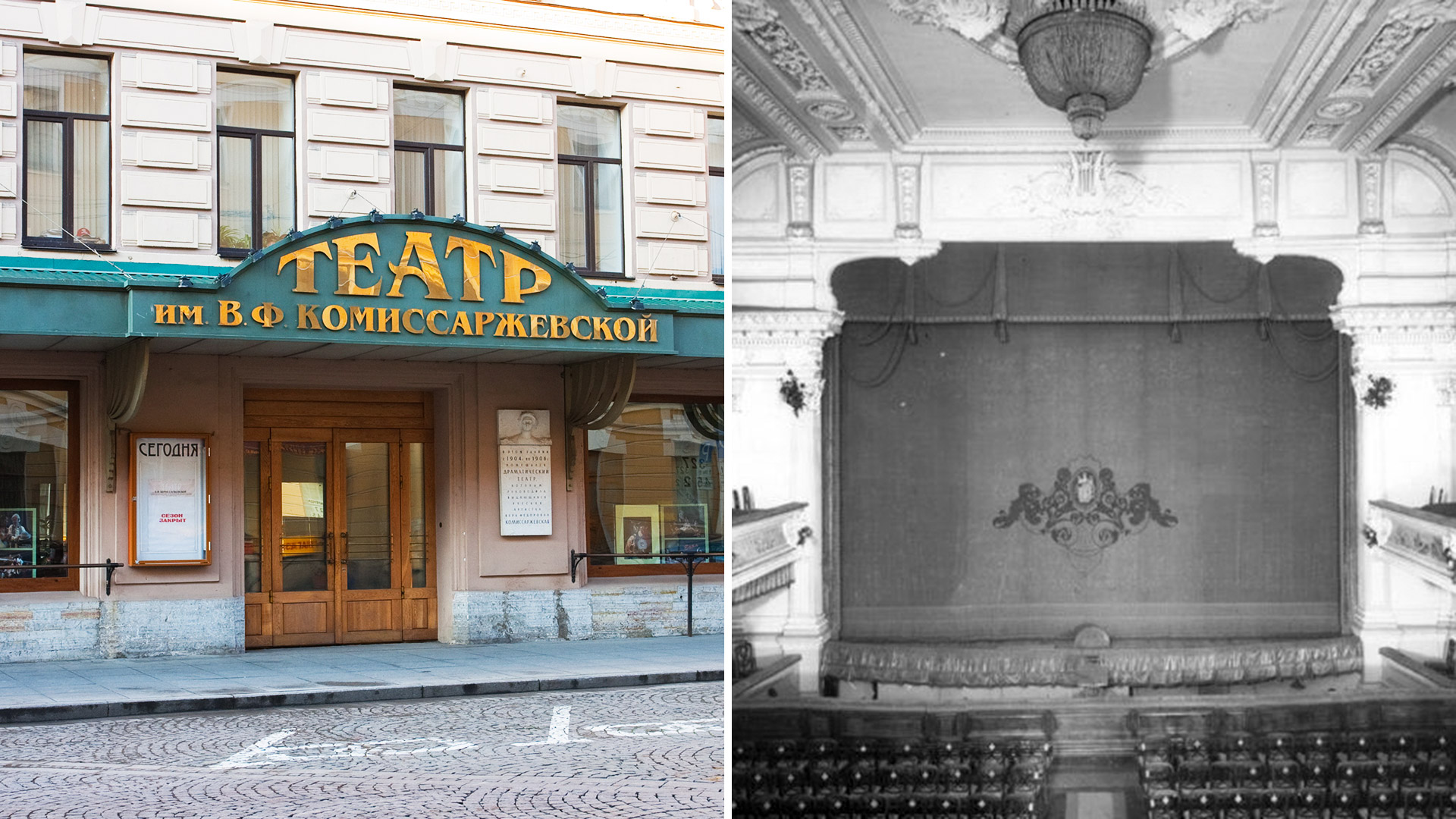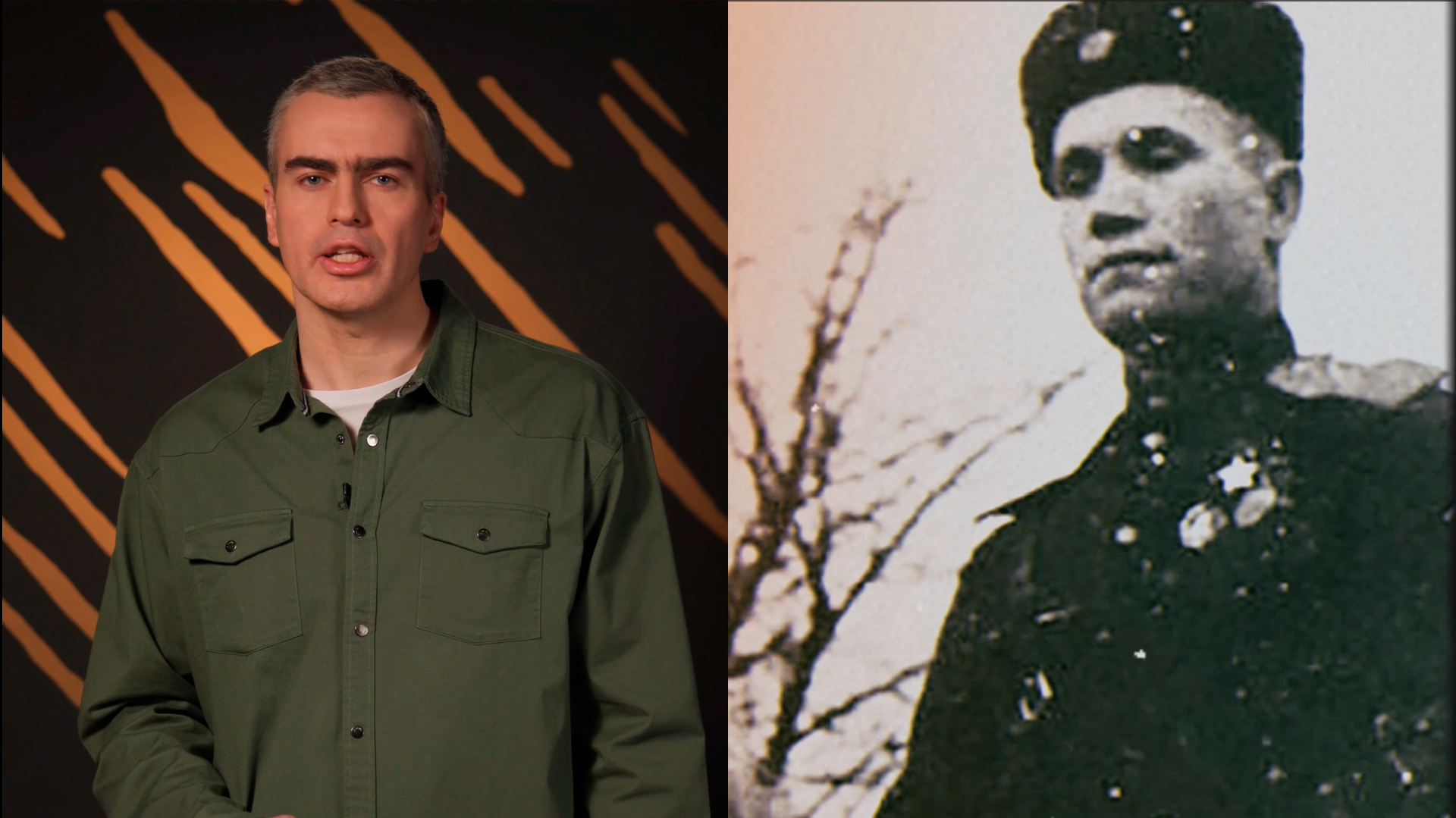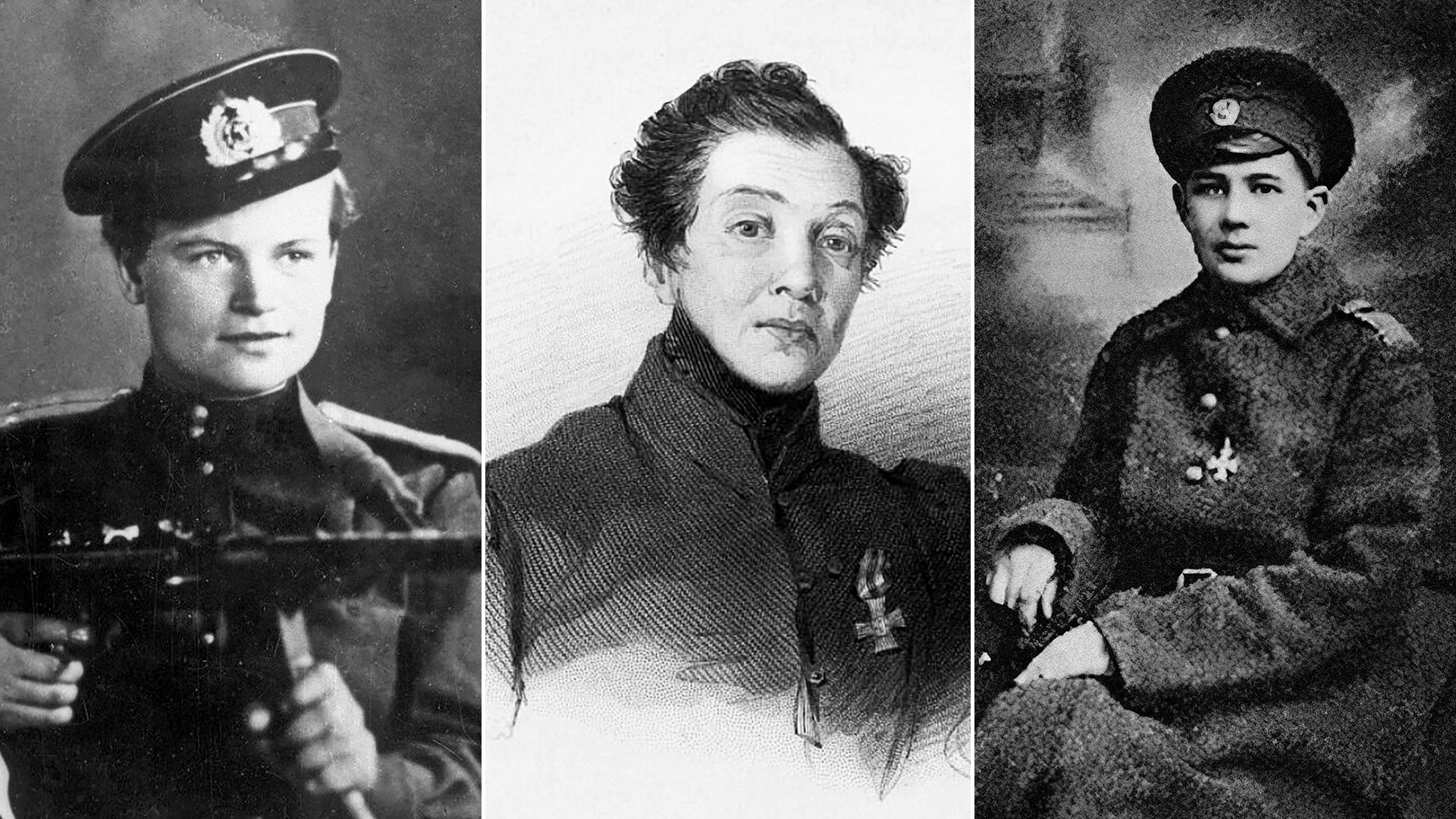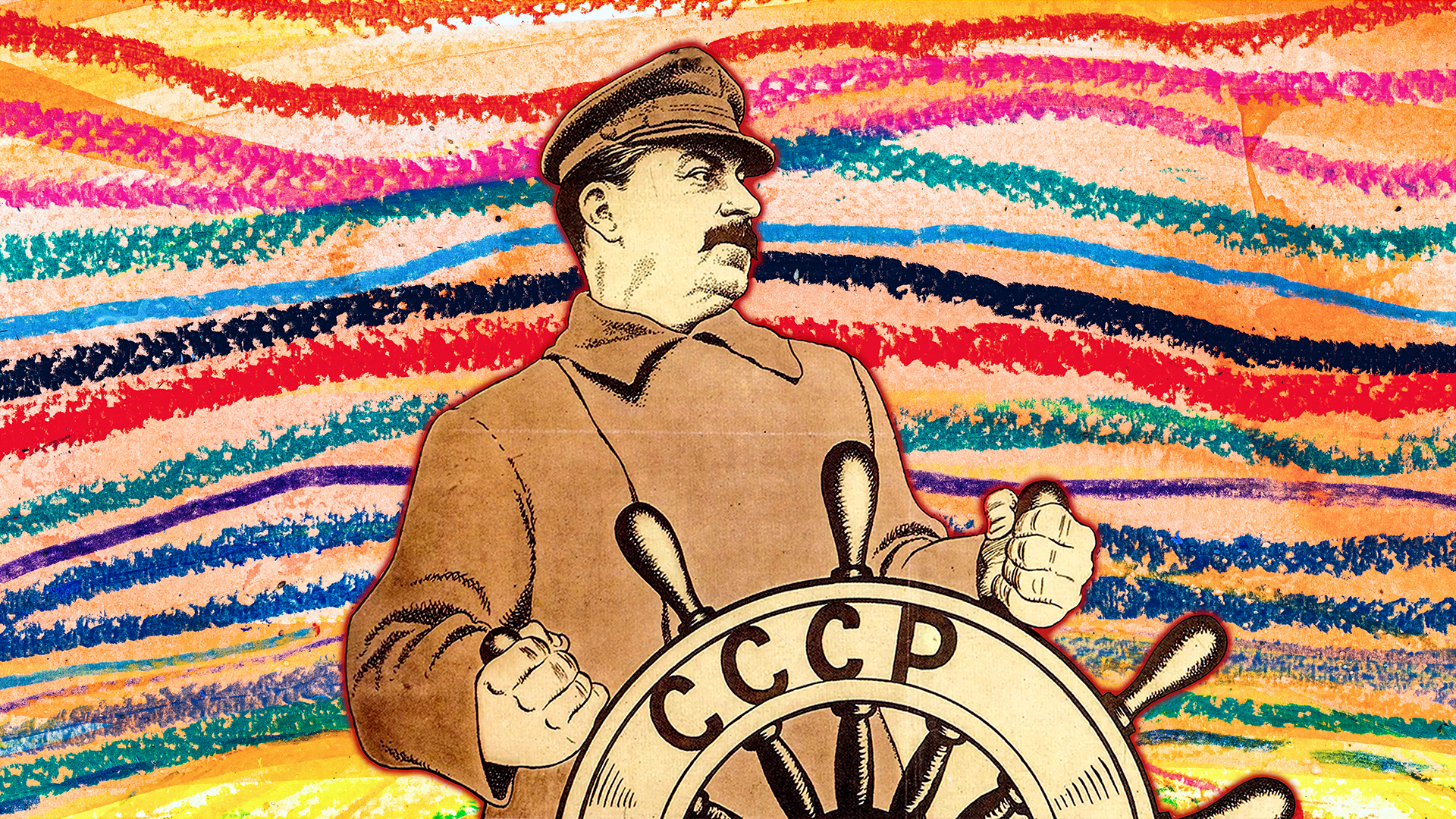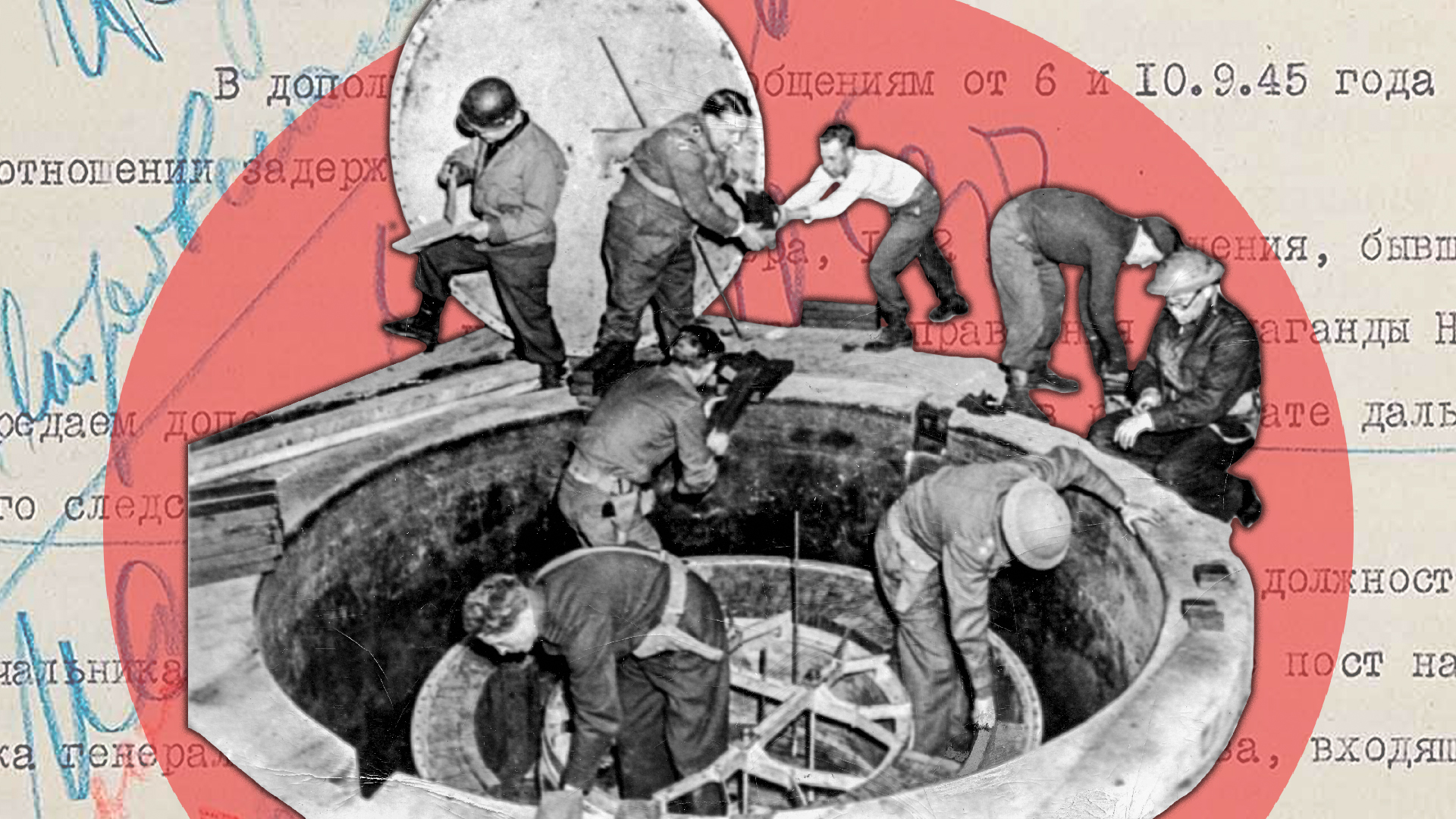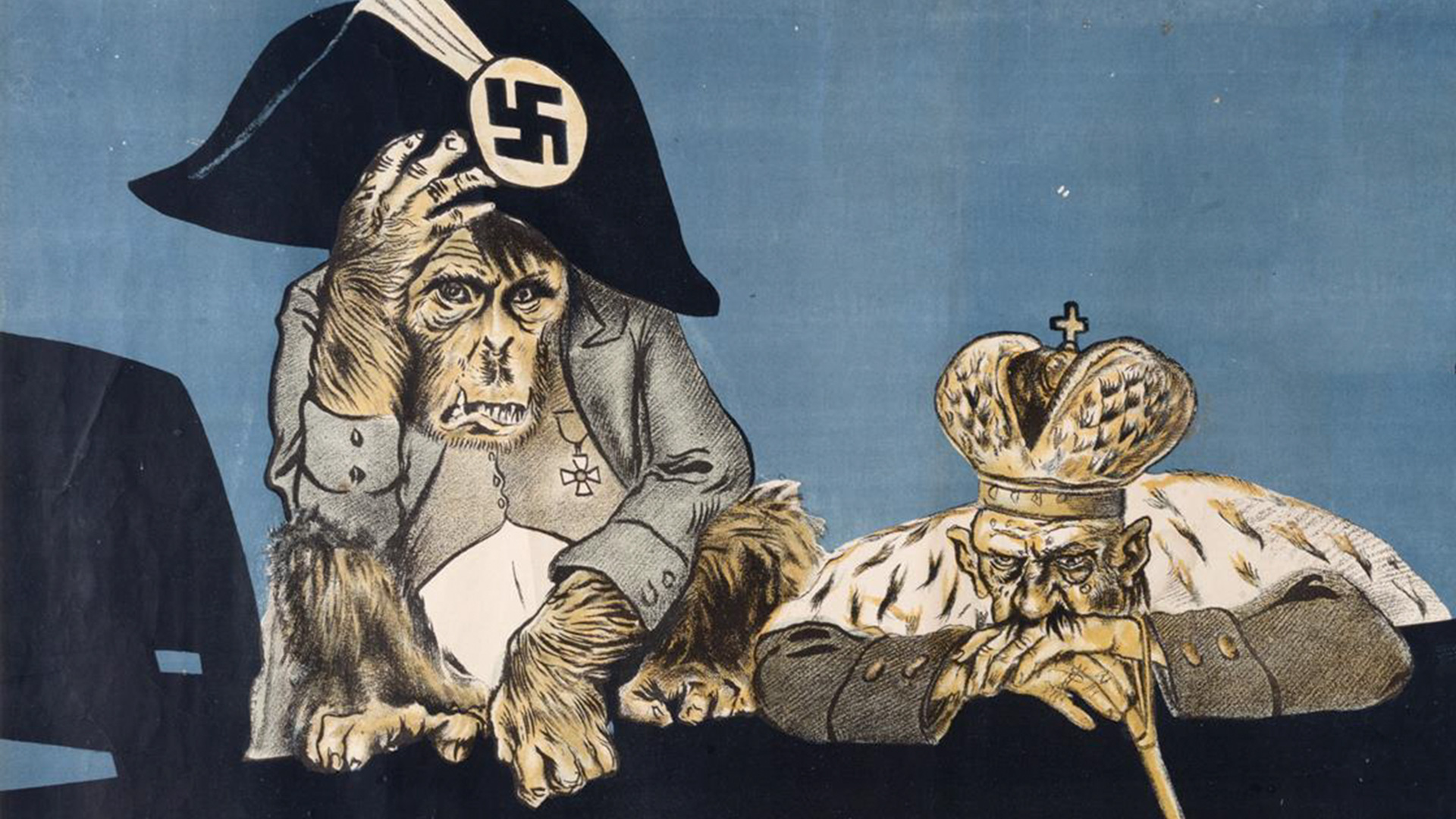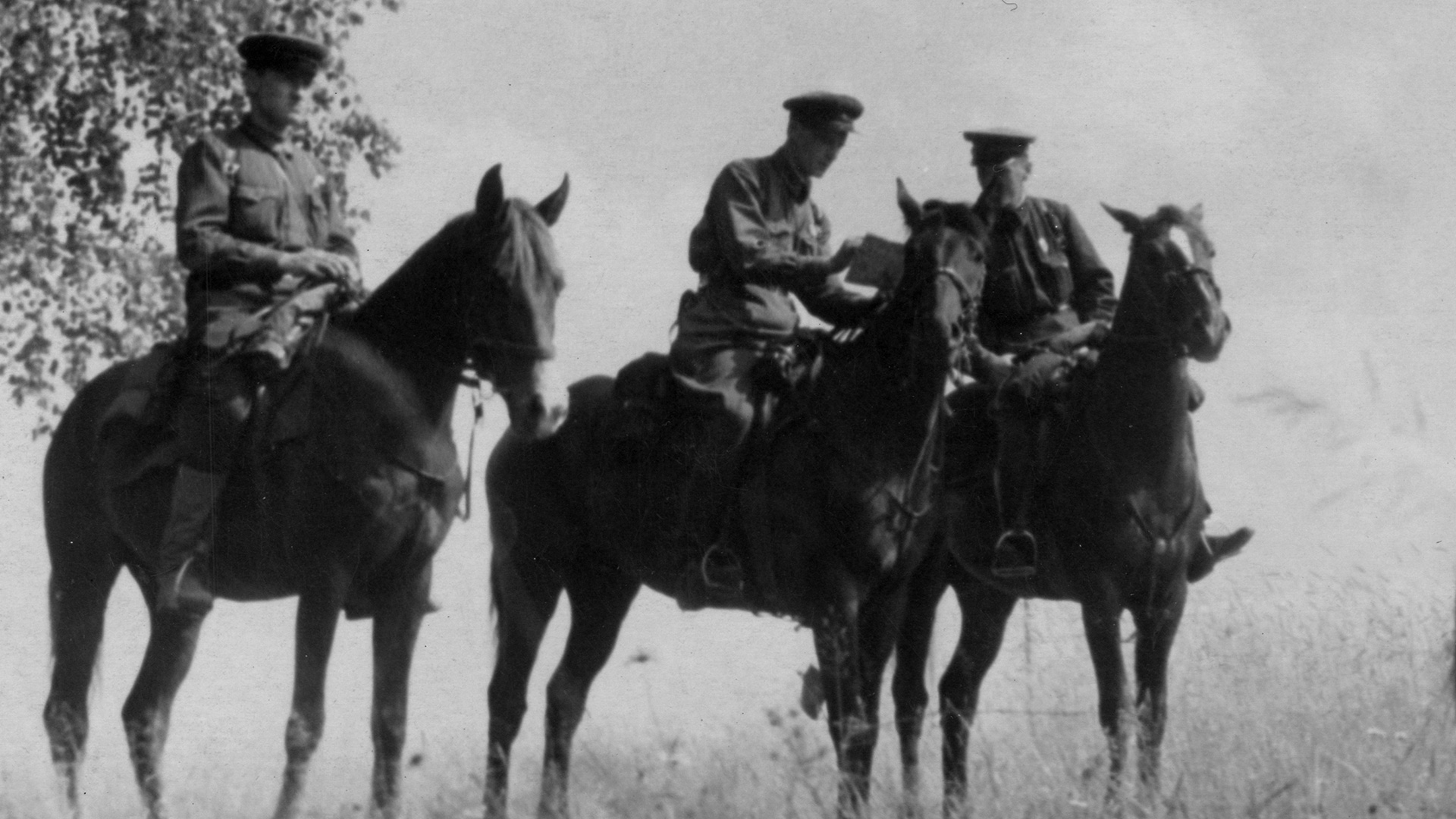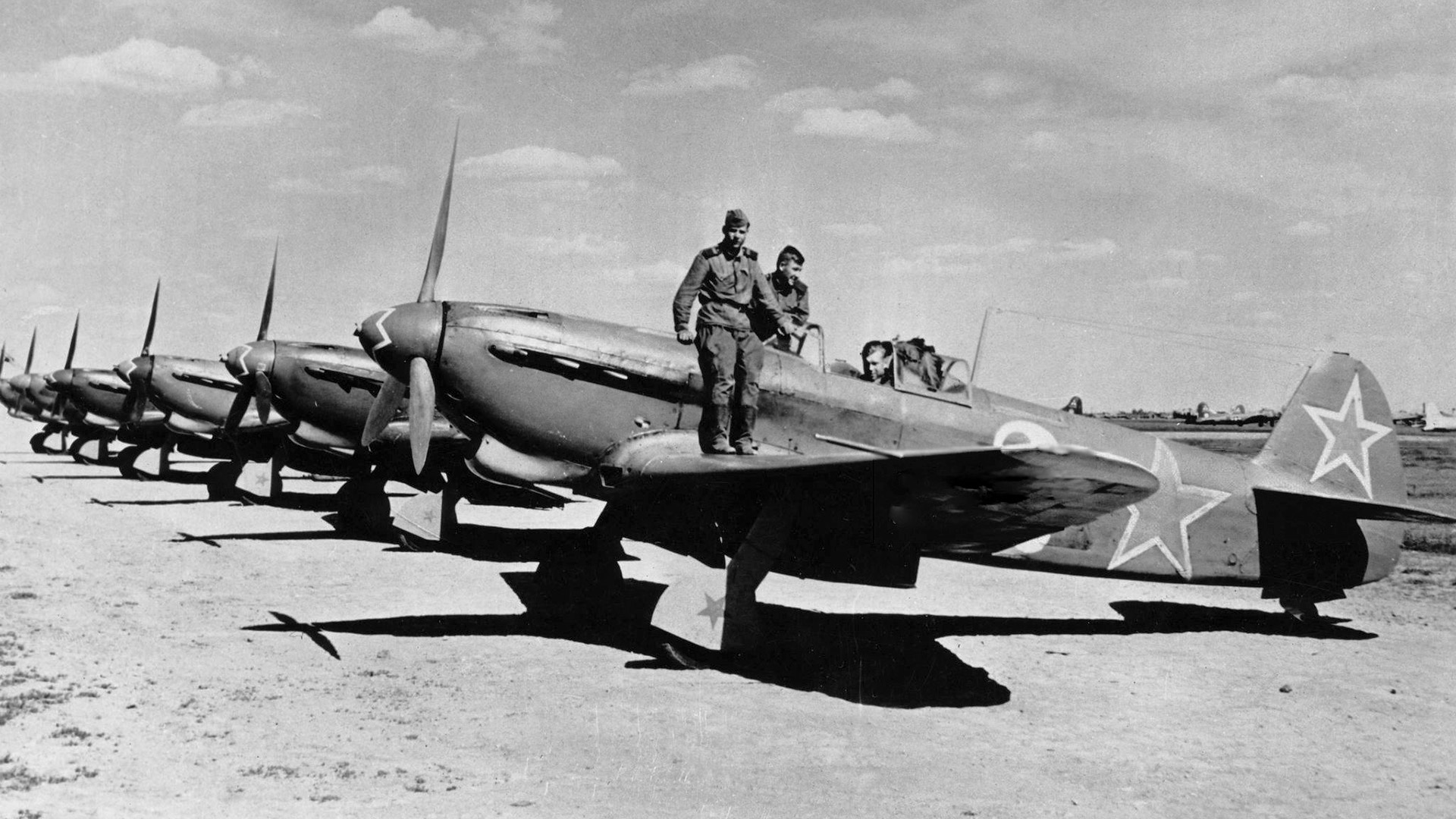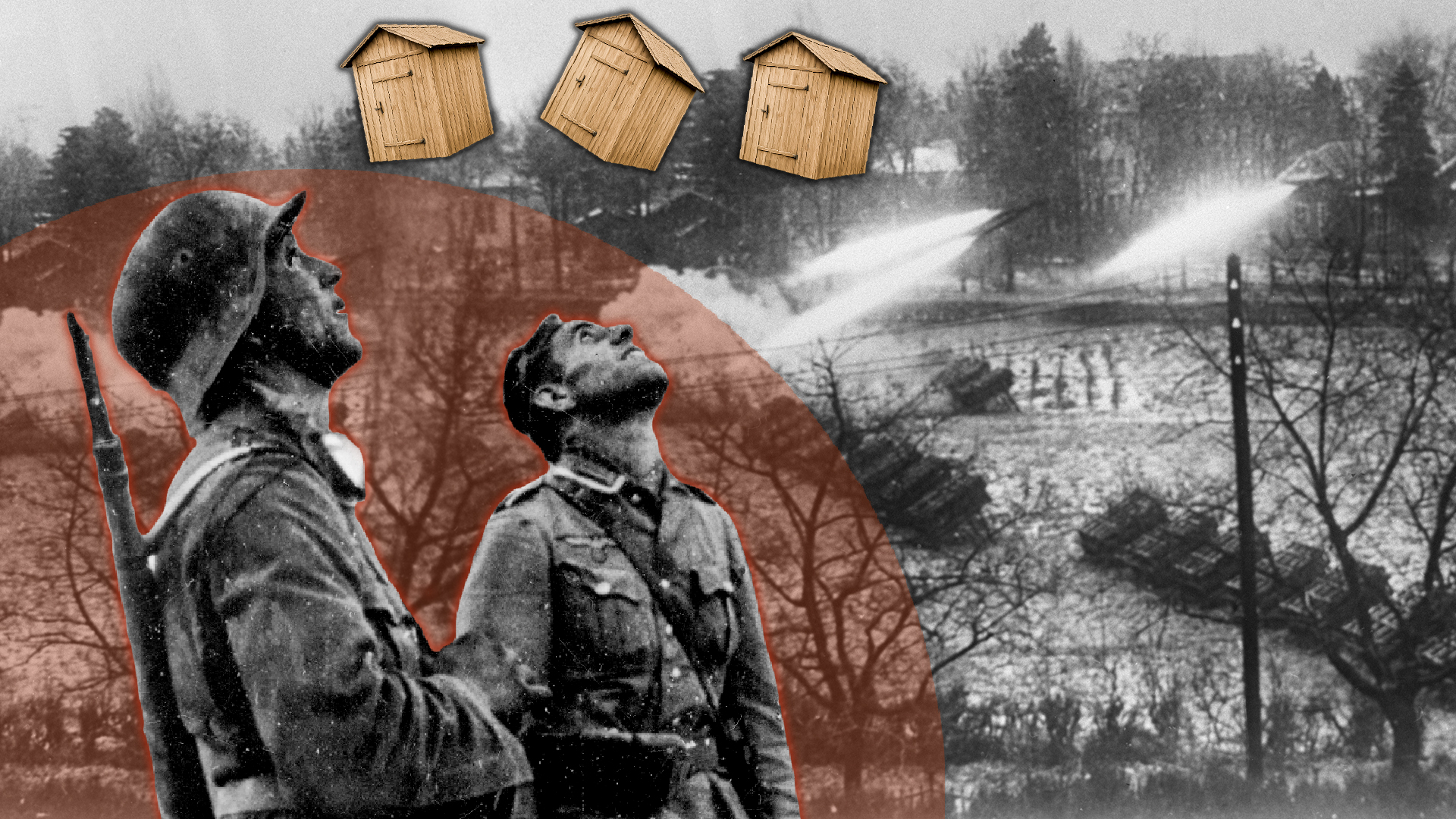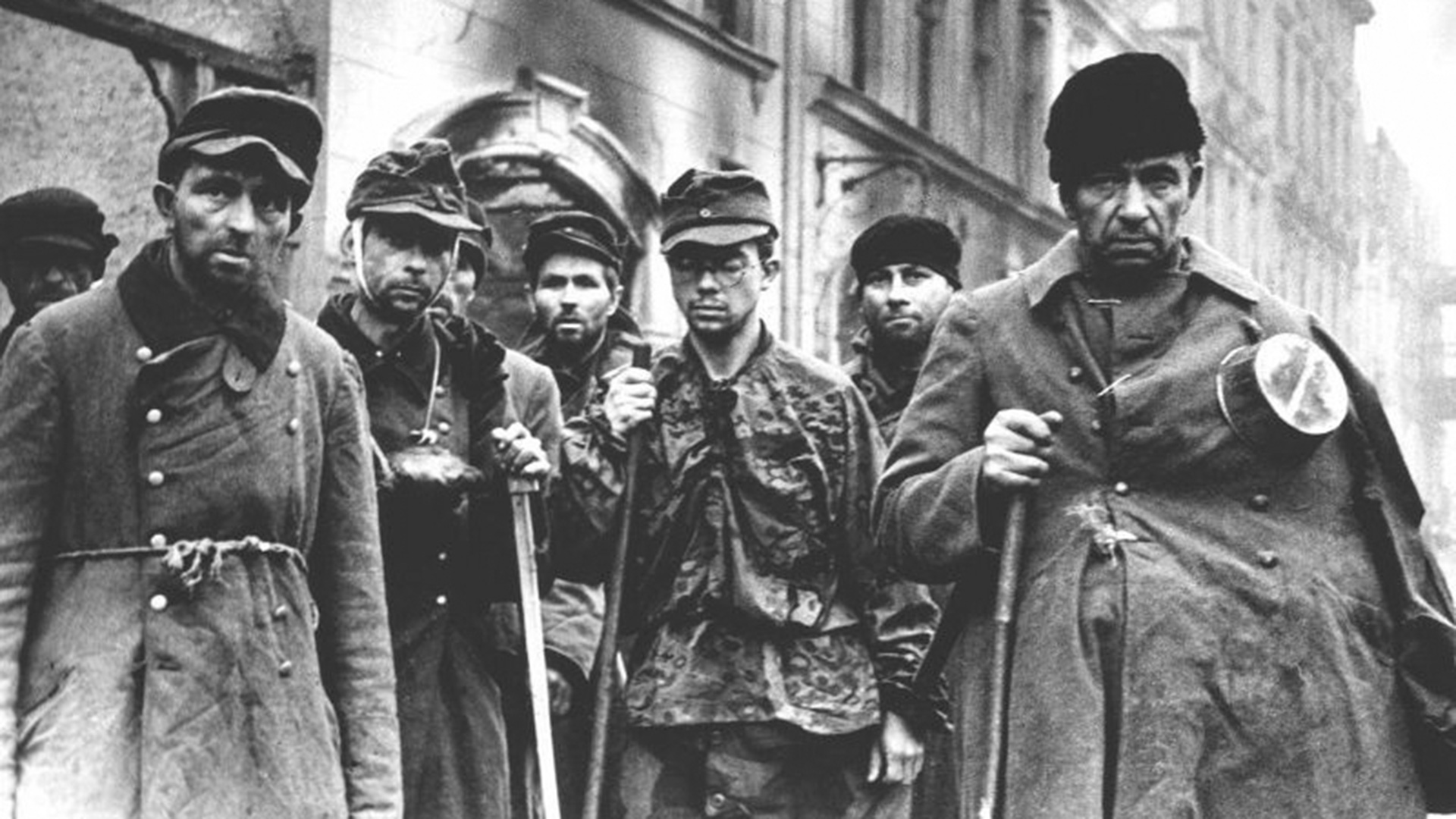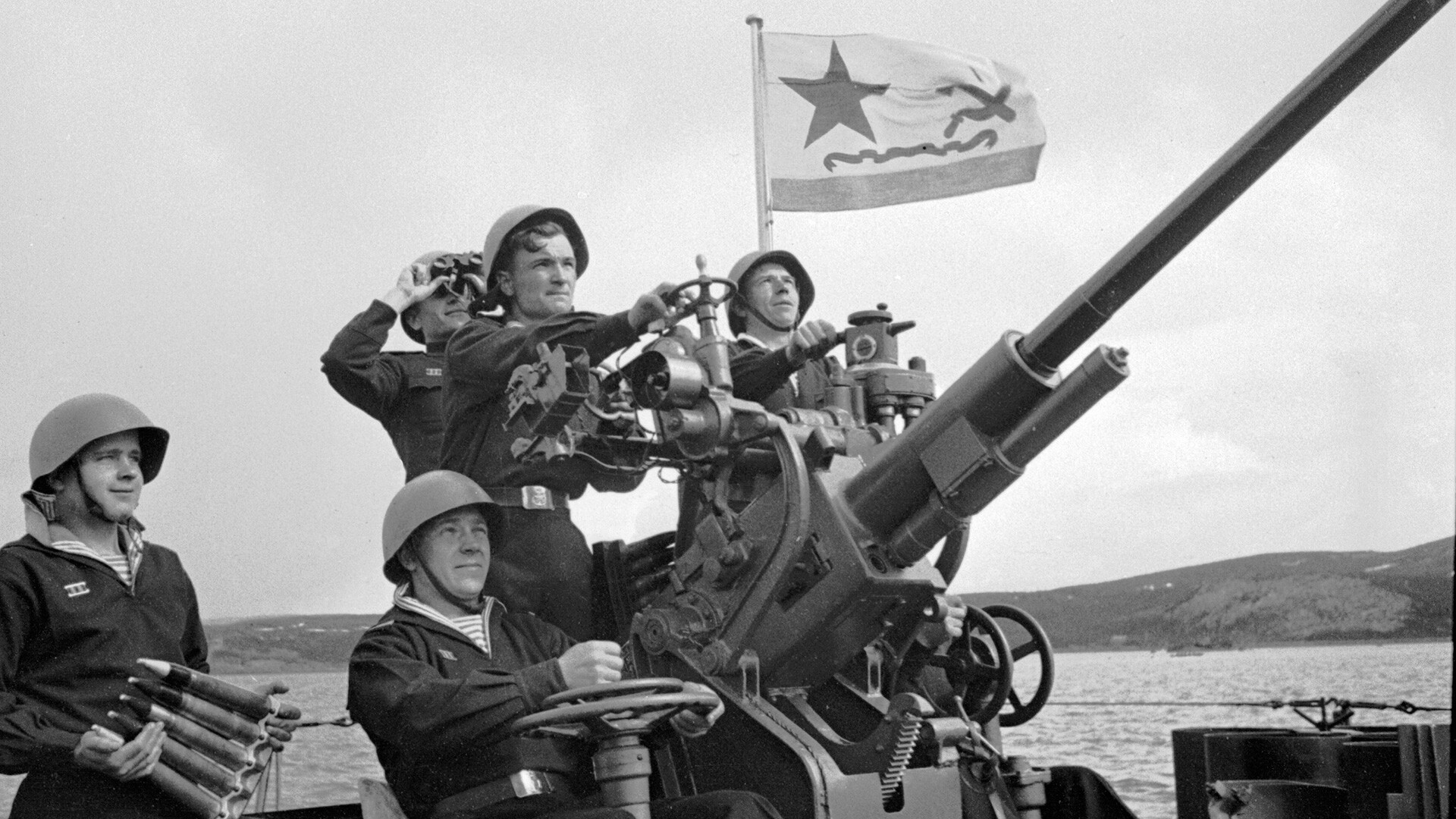
The first major victory of the Russian regular fleet
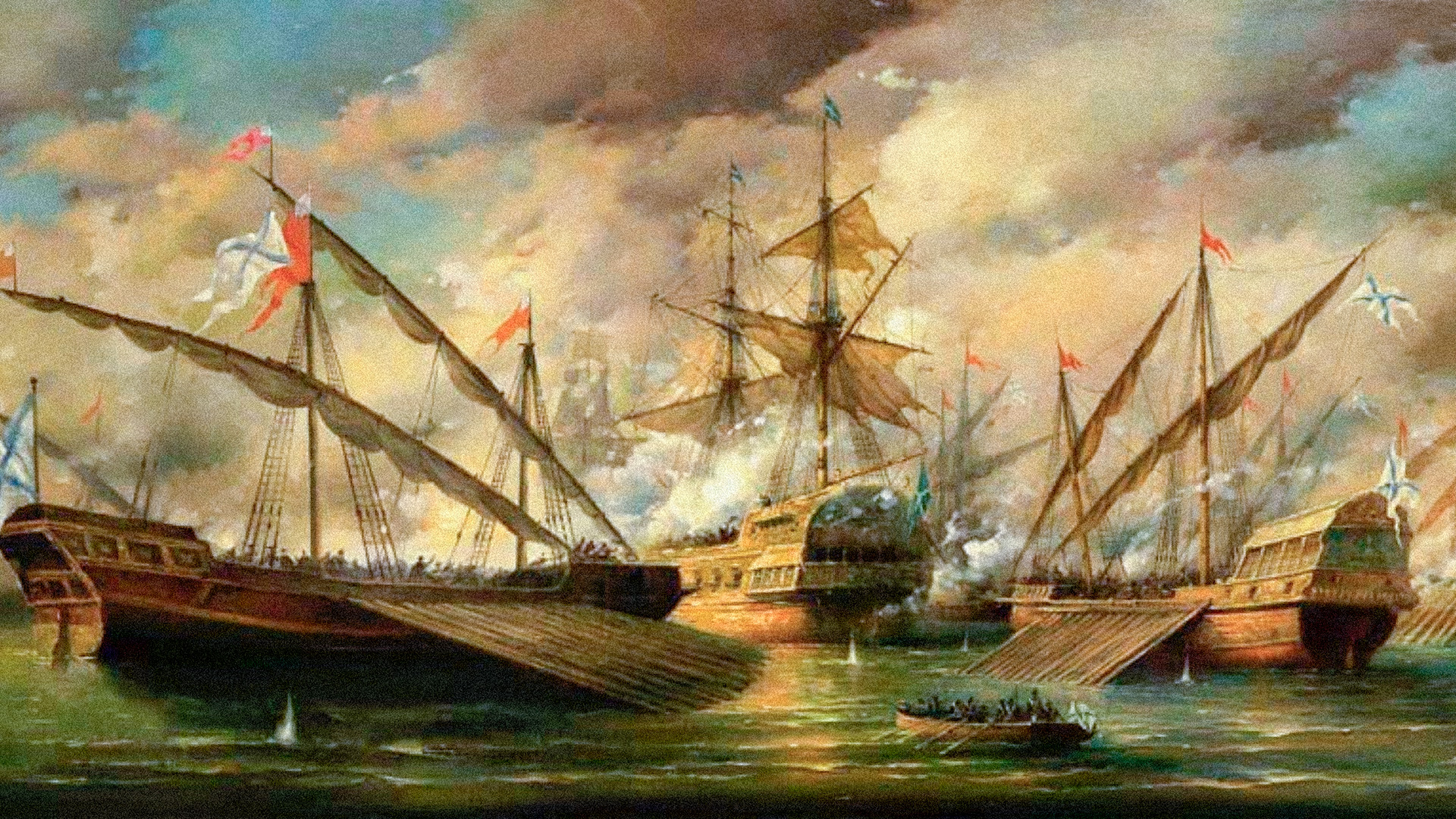
This happened on August 7, 1714, in the Gulf of Finland during the Great Northern War. The Russian army had already seized the initiative on land, but the Swedes still dominated the waters.
In July, the Russian rowing fleet of more than 100 galleys and auxiliary vessels with a 15,000-strong landing force concentrated at Cape Gangut (now the Hanko Peninsula). However, a Swedish squadron of 18 battleships and frigates with a small number of galleys and sail-and-row skerryboats stood in its way.

Tsar Peter I, who commanded the fleet, carried out a number of maneuvers, forcing the enemy to divide their forces. On the afternoon of August 7, he attacked the separated part of the squadron – a detachment of ships commandeered by Rear Admiral Nils Ehrenskjold.
The Swedes repelled the first two attacks, but, during the third, the Russians managed to break through to the enemy and board his ships. Peter I personally led the soldiers into battle.
All 10 of Ehrenskjold’s ships were captured. Including the enemy's flagship, the artillery sailing pram ‘Elefant’.
The first major victory of the regular fleet allowed it to feel freer in the Gulf of Finland and more effectively support the ground forces fighting in Finland.
In honor of the significant event, a triumphal arch was erected in St. Petersburg. It depicted an eagle sitting on the back of an elephant with the inscription: “The Russian eagle does not catch flies.”


